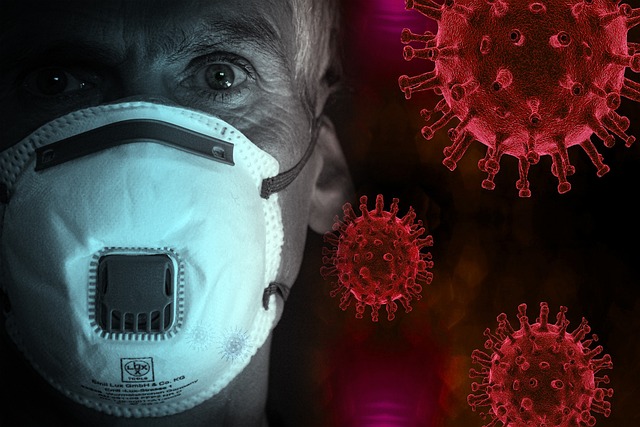Background
Kidney damage in patients with COVID-19 has been of particular concern. The association of acute kidney injury (AKI) with post-acute kidney function among COVID-19 survivors was not sufficiently elucidated.
Methods
A two-way cohort study was conducted with the enrollment of COVID-19 survivors discharged from the hospital between January 7 and May 29, 2020. Study participants were invited for follow-up visits at 6 and 12 months after the onset of symptoms.
The primary outcome was the percentage decrease in estimated glomerular filtration rate (eGFR) from the acute phase (between symptom onset and hospital discharge) to follow-up, and the secondary outcome was the reduction in kidney function in monitoring.
recommendations
In total, 1,734 study participants were included in this study. The median duration of follow-up was 342.0 days (IQR, 223.0-358.0) after symptom onset.
After multivariable adjustment, the percentage decrease in eGFR from the acute phase to follow-up was 8.30% (95% CI, 5.99-10.61) greater among participants with AKI than among those without They had AKI in the acute phase.
Participants with AKI had an odds ratio (OR) of 4.60 (95% CI, 2.10-10.08) for reduced kidney function at follow-up.
The percentage of eGFR decreased for participants with stage 1, stage 2, and stage 3 AKI was 6.02% (95% CI, 3.48-8.57), 15.99% (95% CI, 10.77 -21.22) and 17.79% (95% CI, 9.14-26.43) higher compared to those without AKI, respectively.
Interpretation
AKI in the acute phase of COVID-19 was closely related to the longitudinal decline and post-acute state of kidney function almost one year after symptom onset.
Earlier and more intense follow-up strategies on kidney function management could be beneficial for COVID-19 survivors.
Research in context
Added value of this study
This cohort study with a follow-up of almost a year after the onset of symptoms is the one with the longest duration of follow-up carried out among COVID-19 patients discharged from the hospital.
Among COVID-19 survivors, the percentage of estimated glomerular filtration rate (eGFR) was found to decrease from the acute phase to one year after symptom onset and was 8.30% (95% CI, 5.00%). 99-10.61) higher among patients with development of AKI during hospitalization than among COVID-19 survivors without AKI.
The association of AKI with a greater risk of reduced renal function was also detected one year after the onset of symptoms (OR 4.60, 95% CI: 2.10-10.08). The lower level of eGFR in the acute phase (<90 ml/min per 1.73 m2) strengthened the association between AKI and renal outcomes.
Furthermore, a gradual increase in the percentage of eGFR decline and risk of kidney function decline was found one year after symptom onset with higher AKI stage among COVID-19 survivors.
Implications of all available evidence
The study findings lend credence to the association of AKI with longitudinal decline in kidney function from the acute phase to one year after symptom onset and the post-acute state of reduced kidney function one year after symptom onset. among COVID-19 survivors, and also lend credence to the graded relationship between AKI stage in the acute phase and renal outcomes.
The development of more precise and intensive follow-up strategies is urgently needed for the future management of kidney disease among people recovering from COVID-19.
In conclusion , the cohort study with a follow-up duration of one year after the onset of symptoms among people recovering from COVID-19 lends credence to the association of AKI with the longitudinal decline and post-acute status of the renal function. This study also provided evidence for the graded relationship between AKI stage and renal function outcomes. The findings were important for the development of more precise and intensive follow-up strategies for the future management of kidney disease among people recovering from COVID-19. Furthermore, studies with longer follow-up duration for COVID-19 should be conducted to understand the long-term impact of AKI on the longitudinal change of kidney function more comprehensively because the effect size of AKI on function kidney would be different beyond a year after the symptom. initiation needs to be further evaluated. |
Money
Innovation Fund for Medical Sciences of the Chinese Academy of Medical Sciences (CIFMS 2020-I2M-CoV19-005, 2018-I2M-1-003 and 2020-I2M-2-013); National Natural Science Foundation of China (82041011); China National Key Research and Development Program (2018YFC1200102); Main National Science and Technology Projects on Creation and Development of New Pulmonary Tuberculosis Drugs (2020ZX09201001).
















